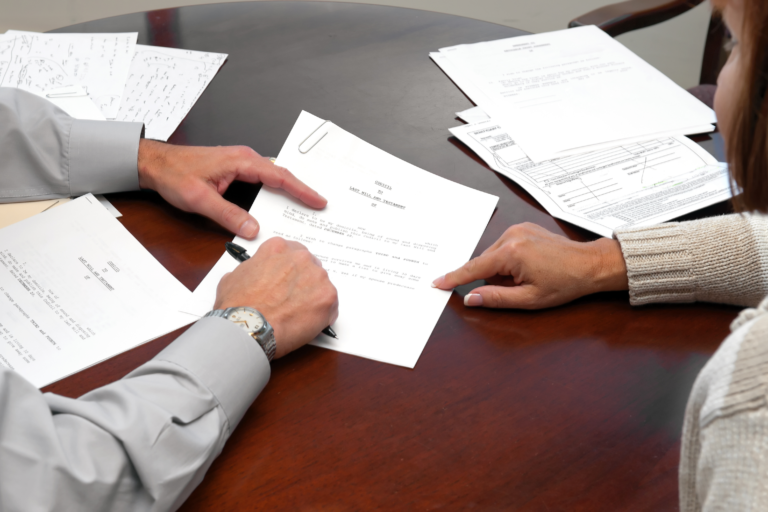When the estate of a deceased person in Florida is admitted to probate to be formally administered, the court adjudicating the case will appoint an individual to serve as the decedent’s personal representative.
Therefore, personal representatives have authority to act on the estate’s behalf, such as selling property, using assets held in the estate to pay any of the decedent’s outstanding debt(s), filing tax returns, among others.
In this regard, is it possible for a beneficiary to serve as a personal representative in Florida? Keep reading to find out.
Can a Personal Representative be a Beneficiary in Florida? – The Verdict
Not only a beneficiary to a decedent’s estate may serve as a personal representative, but this is a common situation in Florida. However, it is not hard to understand why, as most people tend to choose a loved one as a personal representative when preparing their last will(s).
For instance, married individuals tend to name the spouse as their personal representative, and then designate another close relative as the contingent personal representative in case the first choice cannot fulfill the role (e.g., if both die at the same time).
In fact, there are very few limitations to who may be appointed as a personal representative in Florida. Subject to limitations imposed by law, “any person who is sui juris and is a resident of Florida at the time of the death of the person whose estate is to be administered is qualified to act as personal representative in Florida.”
In this sense, Florida Statutes §733.303 provides that “a person is not qualified to act as a personal representative if the person:
- Has been convicted of a felony.
- Has been convicted in any state or foreign jurisdiction of abuse, neglect, or exploitation of an elderly person or a disabled adult (as defined by Fla. Stat. §825.101.)
- Is mentally or physically unable to perform the duties.
- Is under the age of 18 years.
- If the person named as personal representative in the will is not qualified, letters shall be granted (as provided in Fla. Stat. §733.301)”
Appointment of the Personal Representative – Can a Court Appoint Someone Different From the Person Designated in the Last Will?
Under Florida law, the order of preference for the appointment of a personal representative depends on whether the decedent died with a last will (testate) or did not have a last will (intestate).
For estates governed by a last will (testate), Florida Statutes §733.301(1) provides that “the following order of preference shall be observed:
- The personal representative, or his or her successor, nominated by the will or pursuant to a power conferred in the will
- The person selected by a majority in interest of the persons entitled to the estate
- A devisee (beneficiary) under the will. If more than one devisee applies, the court may select the one best qualified”
However, if there is no last will in place, the order of preference is:
- The decedent’s surviving spouse.
- The person selected by a majority in interest of the decedent’s heirs
- The heir nearest in degree (of kinship). If more than one applies, the court may select the one best qualified
Probate Does Not Need to be Overwhelming – Immediately Contact Your Florida Probate Lawyer
Formally administering an estate subject to probate in Florida requires the guidance of an experienced attorney. Waste no time – call Attorneys Romy B. Jurado and Diana L. Collazos at (305) 921-0976 or email [email protected] to schedule a consultation.






